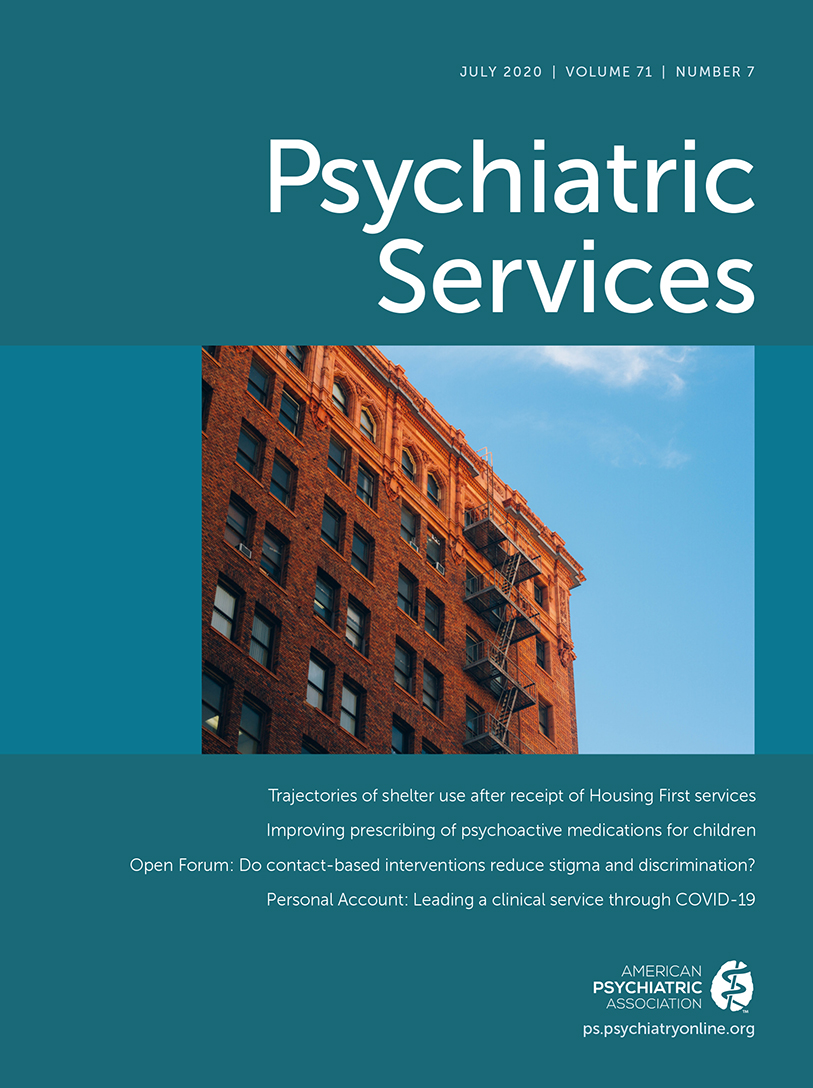Detention Without Data: Public Tracking of Civil Commitment
Abstract
Civil commitment ranks among the most contentious and coercive elements of mental health care. Although civil commitment is practiced across the United States, basic statistics about these policies, such as the numbers of involuntary psychiatric hospitalizations each year, remain unknown or inaccessible to much of the public. Public tracking of civil commitment is complicated by numerous factors, including patient privacy concerns, decentralized systems of mental health care, and variable commitment criteria across jurisdictions. This column explores reasons to improve public tracking of civil commitment and offers recommendations for U.S. states to achieve this aim.



